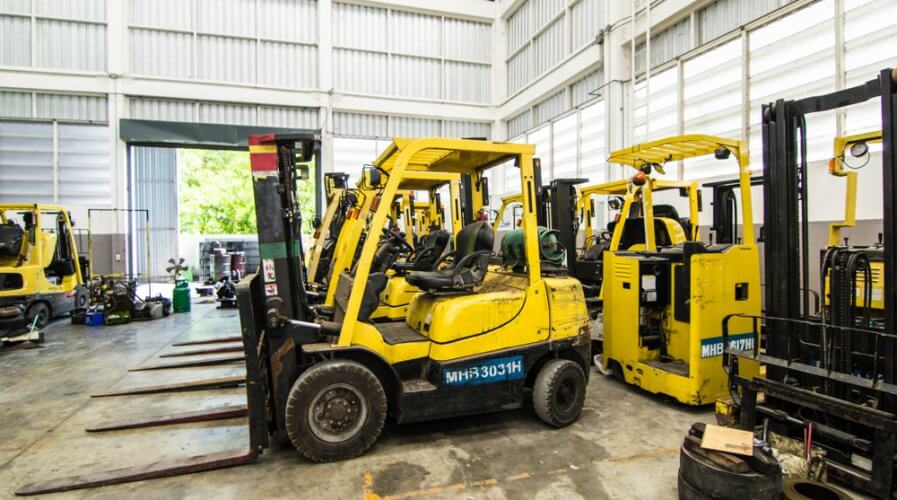
Will supply chain professionals see more of blockchains in coming months? Source: Shutterstock
Blockchain-fatigue forecasted in supply chain initiatives by 2023
BLOCKCHAIN is an interesting technology that has finally shed its image as a futuristic solution and gained a reputation for offering trust and transparency in business scenarios.
In the supply chain space, the technology has plenty of theoretical use cases — with leading companies such as Maersk and DHL making significant investments into blockchains.
Unfortunately, not many use cases have been successfully developed and scaled up across the enterprise.
Although many experts believe that blockchain will make the biggest splash in the supply chain space because it offers new and interesting opportunities to all kinds of organizations in the space.
It seems less and less likely that businesses in the financial services space will take the cake when it comes to pioneering large-scale blockchain applications.
A new forecast by Gartner says that supply chain leaders are failing to find suitable use cases.
By 2023, the think tank estimates that 90 percent of blockchain-based supply chain initiatives will suffer ‘blockchain fatigue’ due to a lack of strong use cases.
The supply chain technology survey of user wants and needs found that only 19 percent of respondents ranked blockchain as a very important technology for their business, and only 9 percent invested in it.
Analysts found that the dismal results could mainly be attributed to the fact that supply chain blockchain projects are very limited and do not match the initial enthusiasm for the technology’s application in supply chain management.
“Supply chain blockchain projects have mostly focused on verifying authenticity, improving traceability and visibility, and improving transactional trust,” said Gartner Senior Principal Research Analyst Alex Pradhan.
“However, most have remained pilot projects due to a combination of technology immaturity, lack of standards, overly ambitious scope and a misunderstanding of how blockchain could, or should, actually help the supply chain. Inevitably, this is causing the market to experience blockchain fatigue.”
As blockchain continues to develop in supply chains, Gartner recommends that organizations remain cautious about early adoption and not to rush into making blockchain work in their supply chain until there is a clear distinction between hype and the core capability of blockchain.
“The emphasis should be on proof of concept, experimentation, and limited-scope initiatives that deliver lessons, rather than high-cost, high-risk, strategic business value,” warned Pradhan.
At a recent event, DHL’s Asia Pacific Innovation Center Director Tamanna Dahiya questioned whether people see every business problem as a nail — and blockchain as the hammer.
If they do, be it in the supply chain space or anywhere else, they’ll find that they are unable to really go the distance with their blockchain solution.
While Gartner forecasts a blockchain-fatigue in the supply chain space, organizations that make the effort to really drive blockchain into their organization and their network might find themselves pioneering interesting solutions.
READ MORE
- Strategies for Democratizing GenAI
- The criticality of endpoint management in cybersecurity and operations
- Ethical AI: The renewed importance of safeguarding data and customer privacy in Generative AI applications
- How Japan balances AI-driven opportunities with cybersecurity needs
- Deploying SASE: Benchmarking your approach






